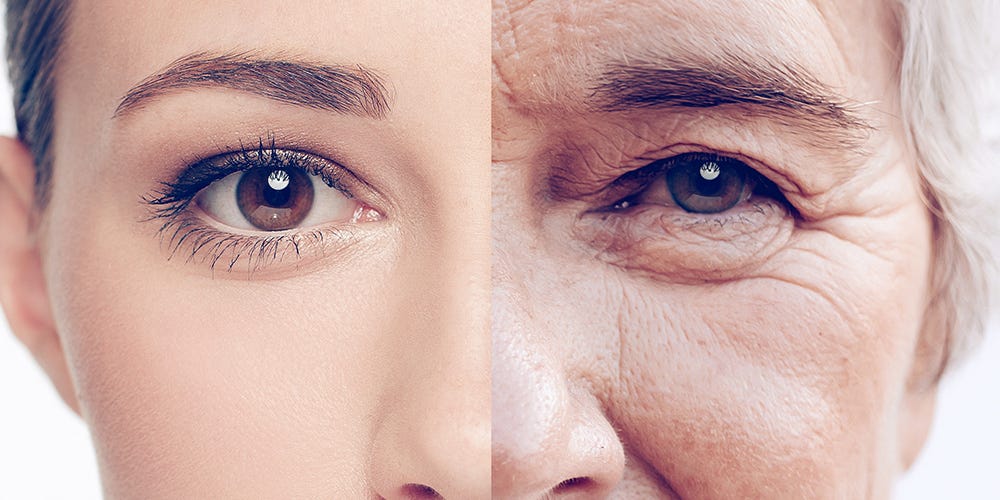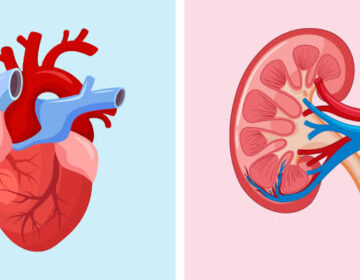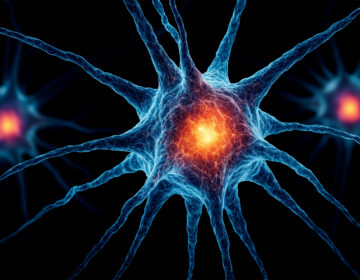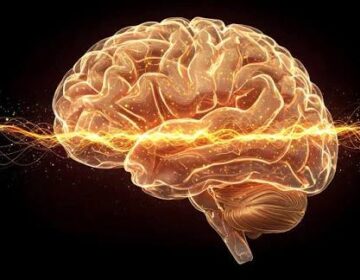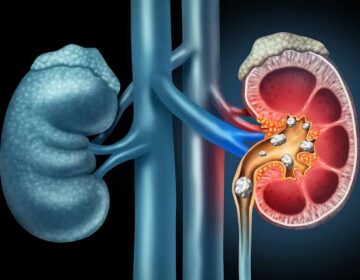A decline in the protein Menin in the brain’s hypothalamus appears to drive aging by triggering inflammation and loss of key neurotransmitters.
Mouse studies reveal that restoring Menin or supplementing with the amino acid D-serine improves cognition, bone density, skin thickness, and balance—pointing to a potential path toward slowing or even reversing aspects.
Hypothalamic Menin and Aging Discovery
suggests that a drop in the brain protein Menin within the hypothalamus may be a major factor in aging. The research points to Menin as an overlooked driver of physiological aging and indicates that a simple amino acid supplement could help counter some age-related effects.
The hypothalamus is already known to influence how the body ages, largely through rising levels of neuroinflammatory signaling as time passes. This inflammation fuels many age-related changes, both in the brain and throughout the body.
Could reversing age-related Menin loss reverse signs of physiological aging? To test that, the authors delivered the gene for Menin into the hypothalamus of elderly (20-month-old) mice. Thirty days later, they found improved skin thickness and bone mass, along with better learning, cognition, and balance, which correlated with an increase in D-serine within the hippocampus, a central brain region important for learning and memory.

